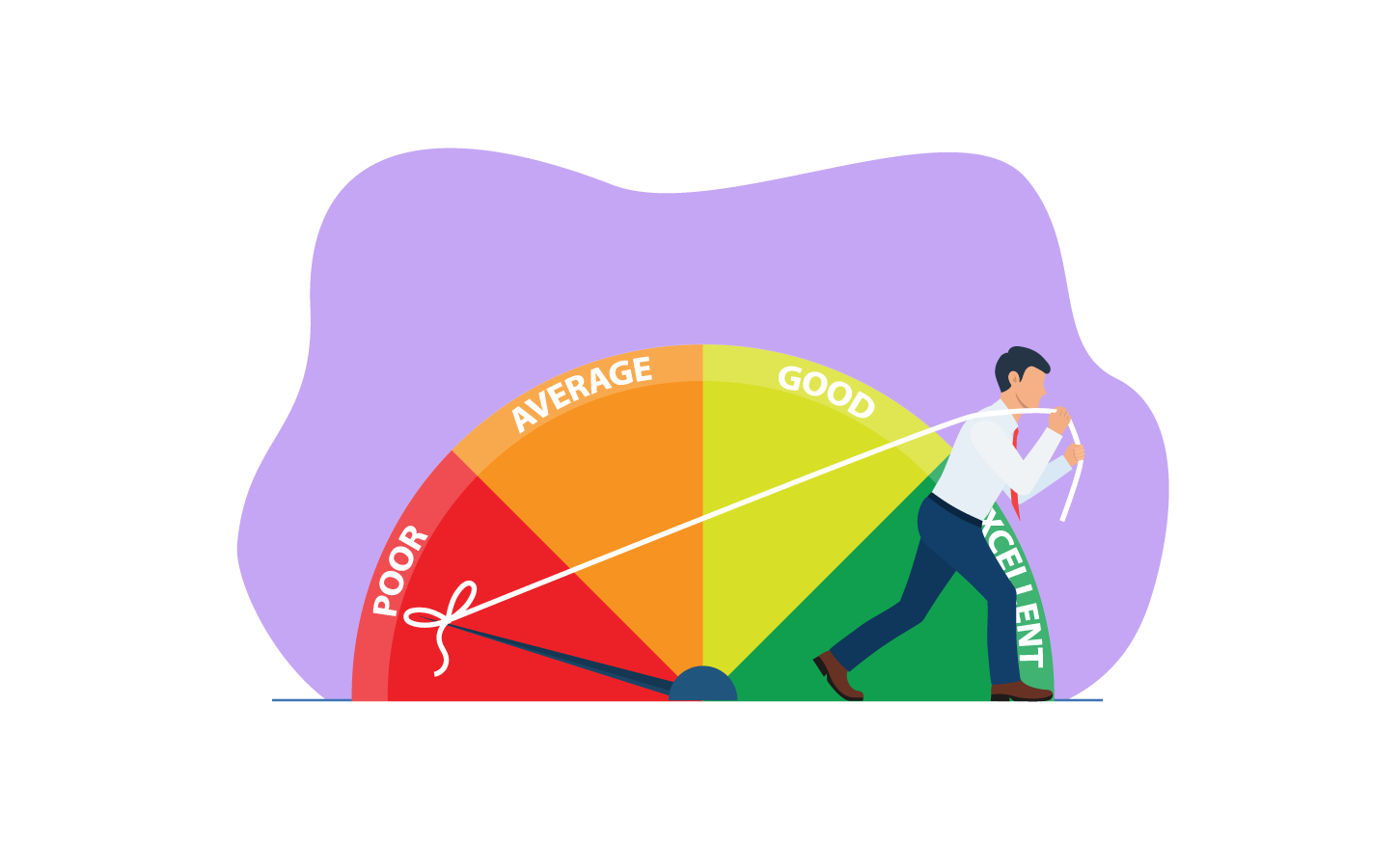One of the biggest mistakes you can make when saving money or setting a budget is neglecting emergency costs. It’s one thing to calculate your regular expenses like groceries, rent, subscriptions and public transport, but you’re shooting yourself in the foot if you forget to account for the unexpected. Cars break down, roofs spring leaks and accidents happen – medical expenses, in particular, can be hard to deal with if you aren’t prepared with the necessary finances. It’s impossible to know when you’ll need to use an emergency fund, but there are so many reasons to start building one now.
Why you need an emergency fund
1. You’re setting a budget
Budgeting is a smart way to manage and protect your finances no matter your circumstances, but if you don’t account for unexpected costs you’re in danger of putting your bank balance in the red or facing financial ruin.
2. You’re the sole breadwinner
Some couples and families get by on a single income, but what happens if you can’t work or lose your job? It’s particularly important for sole earners to build a fund they can rely on when surprise expenses arise.
3. You have a savings goal
Whether you’re saving for a car, a home or just trying to reach a target balance, it’s important to avoid dipping into your savings. Building a secondary fund for emergencies may slightly slow your overall progress, but it ensures you won’t move backward if you face a big medical bill.
4. You don’t want money troubles in tough times
If something happens to you or a loved one, the last thing you want to think about is how you’re going to afford to care for them and keep paying the bills. Planning for the worst gives you a much-needed buffer that acts as a financial cushion to help you through hard times.
How to start saving for emergencies
You don’t need to predict the future to start preparing for it. Protecting yourself financially from any coming emergencies requires some planning and discipline, but anyone can do it – even if you aren’t earning big bucks. Aim for at least three months’ worth of living expenses, but going for six or even twelve months’ worth only increases your financial security.
1. Start budgeting with a monthly savings goal
First thing’s first: to save properly, you need to know how much money you spend. Tally up all the essentials like rent, groceries, internet and phone bills, then choose a set amount to put aside every month for your general savings and an emergency fund via an automatic transfer. Take all this away from your salary and use what’s left to pay for non-essentials like dining out – and don’t ever justify dipping into your savings for one last drink!
2. Contribute to your fund with extra cash and rewards
It’s always tempting to cash in your windfalls and put them straight towards a treat, but this is the opposite of what you should do. Dedicate your usual spending money to the fun stuff and put your tax refunds, bonuses, gifts and cashback offer straight into your emergency fund – it will feel like you haven’t lost any money, and you’re more prepared for the worst.
3. Make use of fixed savings accounts with high-interest rates
Since your emergency fund is money you shouldn’t be touching unless you need it, you can invest it in a fixed savings account with high-interest rates so it continues to grow and gives you a better return in the long run.
Still struggling to pay medical bills?
While an emergency fund will cover most unexpected costs, sometimes it still isn’t enough. You can consider taking out a medical loan from one of Singapore’s licensed moneylenders to help cope with the upfront costs, with repayments spread over the loan term to help you fit it within your budget.
Before you sign up for anything, compare loans online to check interest rates, terms and eligibility requirements to ensure you choose the path that suits your individual needs and has an affordable repayment structure.
About the Author

Led by a team with invaluable expertise across Singapore’s licensed moneylending, banking, and finance industries, CompareSing provides users with a streamlined yet informative experience at every step of their loan journey.


















